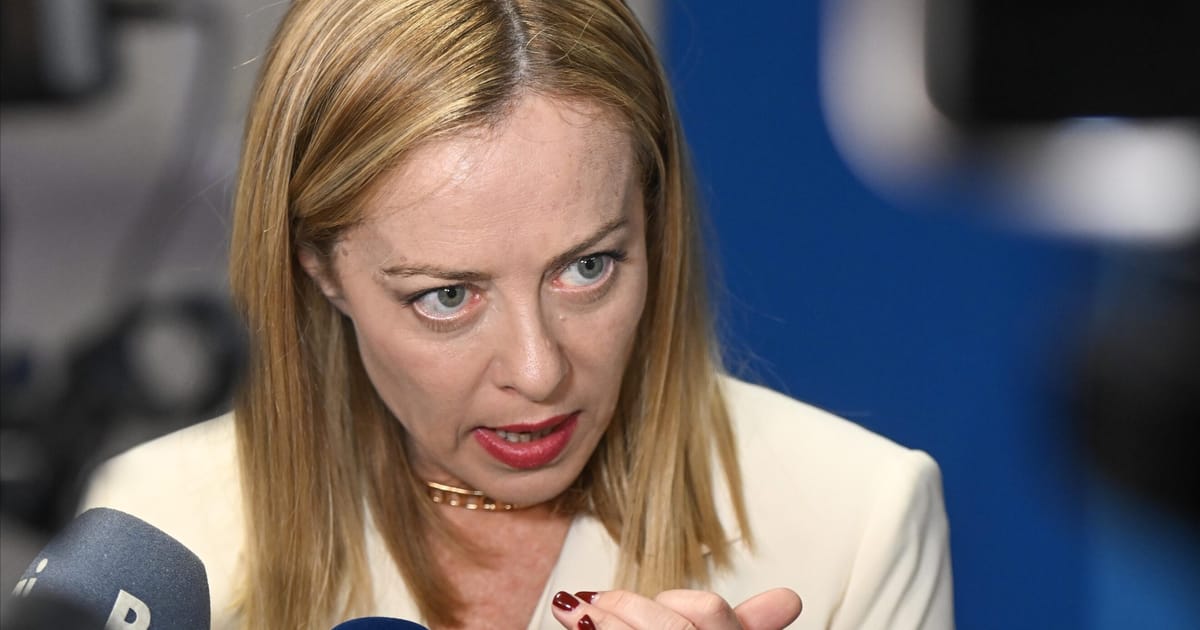

In the current global landscape, where discourse and diplomacy are at the forefront, various regions and leaders are engaged in meaningful efforts to foster peace and understanding. This article provides a calming overview of these pertinent discussions and actions, spotlighting the harmonious pursuit of progress in diverse fields across the globe.
Amidst geopolitical dialogues, Italy’s Prime Minister Giorgia Meloni has expressed her views on the recognition of Palestine, emphasizing a thoughtful approach. She believes that early recognition could potentially be counterproductive, a stance coming shortly after France’s decision to recognize Palestinian statehood. Meloni’s remarks come at a time when discussions on peace and statehood are prominent among European nations.
In the United Kingdom, Prime Minister Keir Starmer has been outlining a humanitarian mission aimed at delivering aid to Gaza. The UK government is collaborating urgently with Jordanian authorities to facilitate the airdrop of British aid into Gaza, underscoring a commitment to addressing humanitarian needs amidst ongoing regional tensions.
The matter of recognizing Palestinian statehood is gaining momentum within the UK political sphere, as over 220 MPs, including notable figures such as Deputy Prime Minister Angela Rayner and Home Secretary Yvette Cooper, advocate for swift action. This reflects growing support within the UK government for aligning with France in recognizing Palestinian statehood, resonating with broader calls for diplomatic advancements.
Meanwhile, on the global stage, China has taken a significant position on artificial intelligence (AI), calling for comprehensive international cooperation. Premier Li Qiang proposed the creation of an organization to guide global coordination and governance of AI technology. This call comes shortly after the United States announced a strategy favoring low regulation in the AI sector. Li’s comments highlight the dual potential of AI as a driver for growth and a domain requiring cautious governance to ensure security and ethical development.
The conversation on international engagement is also being echoed by Portugal’s President Marcelo Rebelo de Sousa, who advocates for renewed European Union involvement in Africa. He suggests that the EU occasionally becomes too inward-focused, and by rejuvenating its engagement with Africa, the EU can enhance its global perspective and impact more significantly.
Adding a voice of spiritual and philosophical guidance, Pope Leo XIV has reinforced the importance of promoting non-violence at a time marked by conflicts, societal divisions, and migration challenges. His peaceful message encourages efforts to foster understanding and non-violence, contributing a compassionate perspective to contemporary global issues.
As these diverse yet interconnected initiatives and dialogues unfold, they collectively illustrate an enduring commitment to dialogue, aid, technological progress, and peace. Each step, speech, and policy reflects a nuanced acknowledgment of worldwide challenges, highlighting the potential for collective advancement through cooperative and empathetic engagement. In such times, harmonious efforts toward mutual understanding remain a beacon for global society, promising a more connected and peaceful future.
Source: {link}
